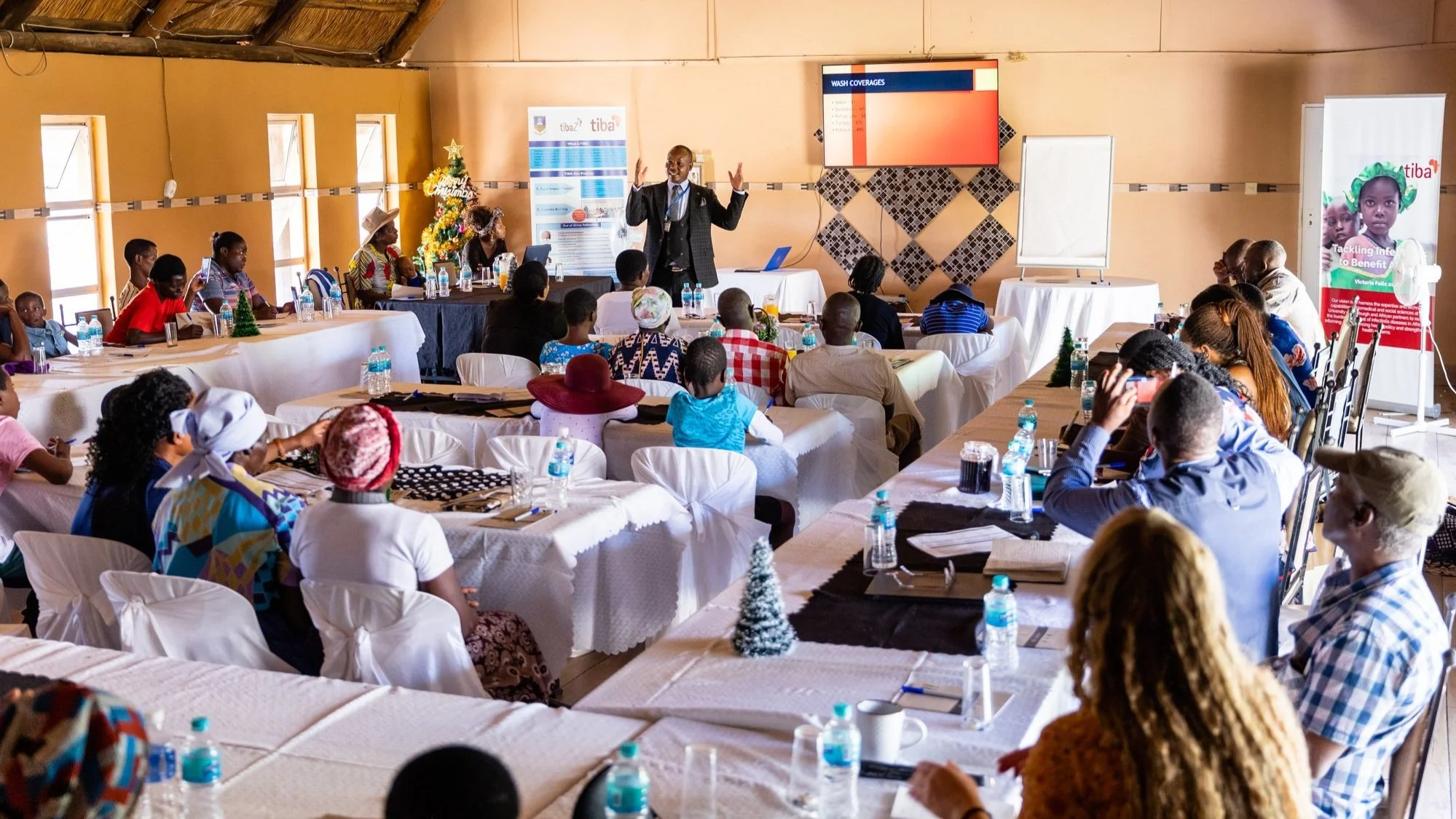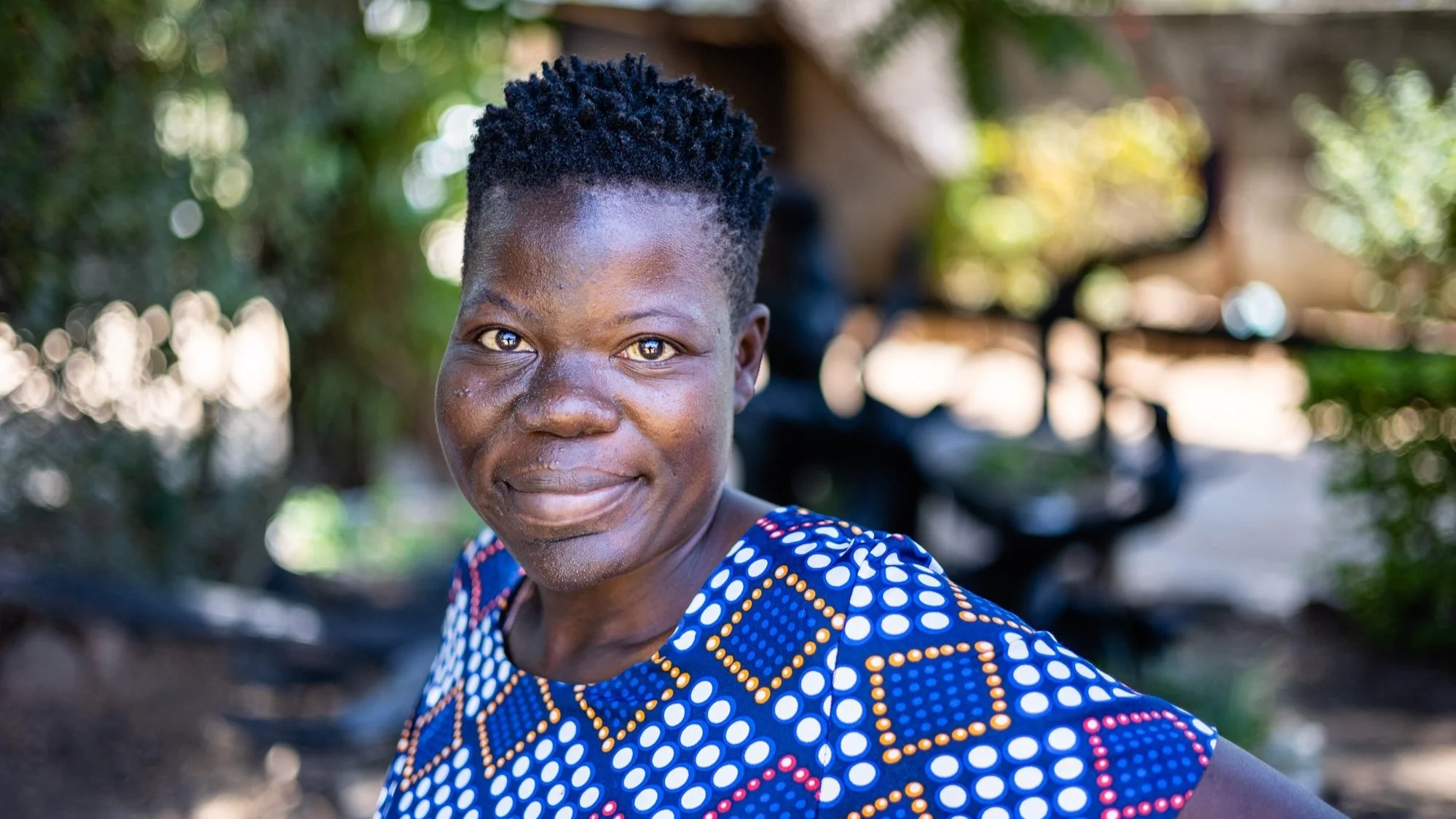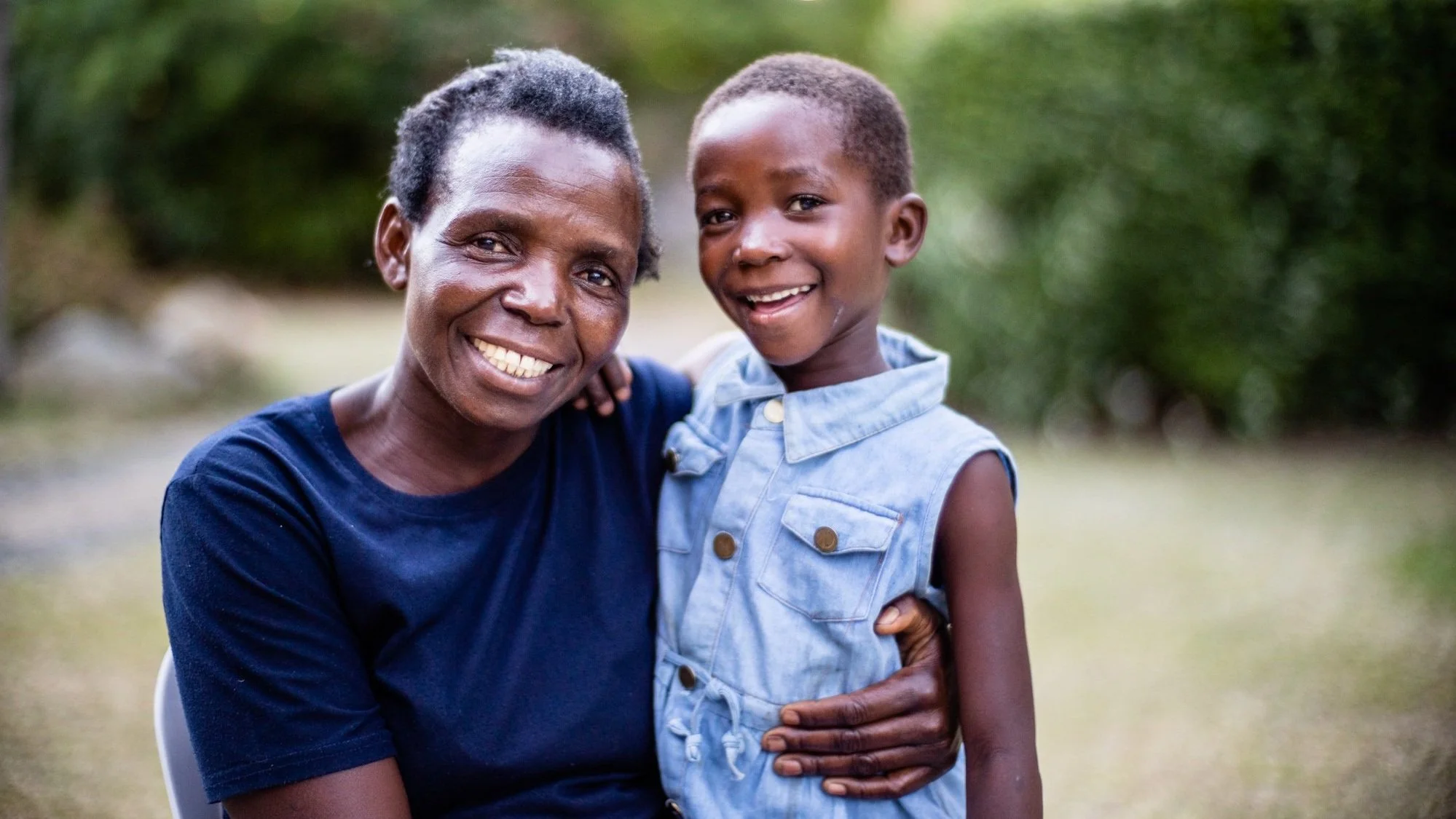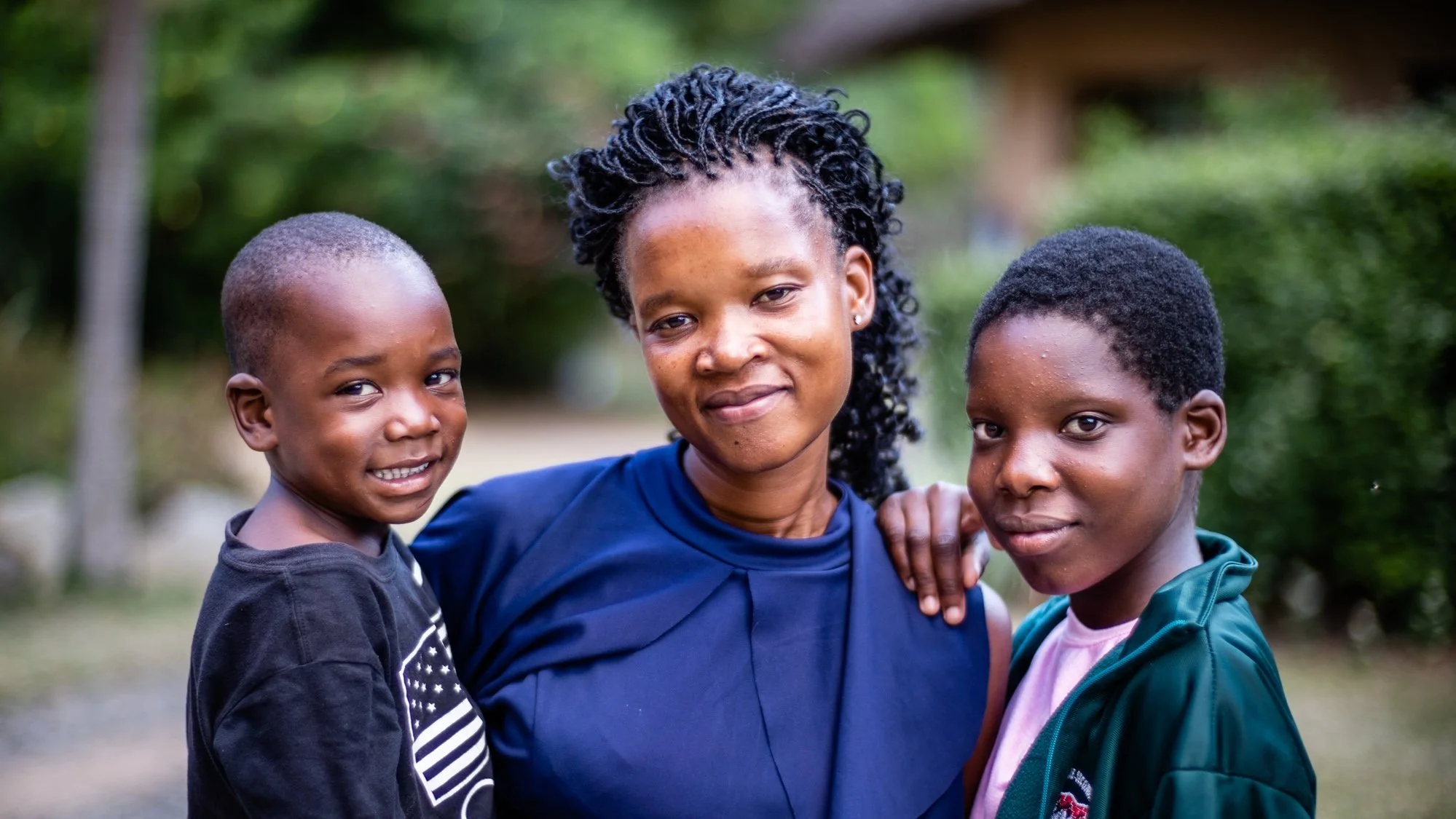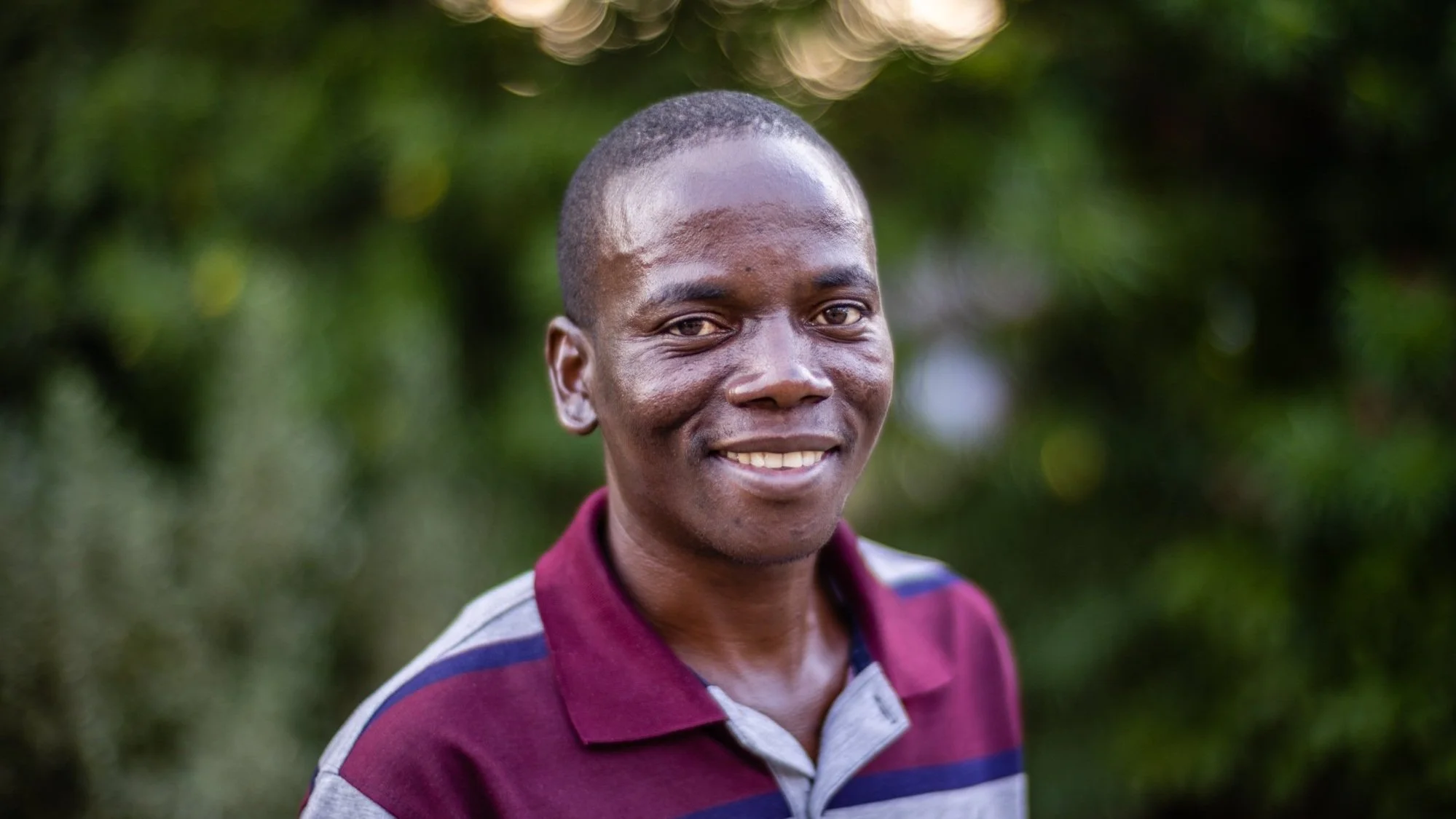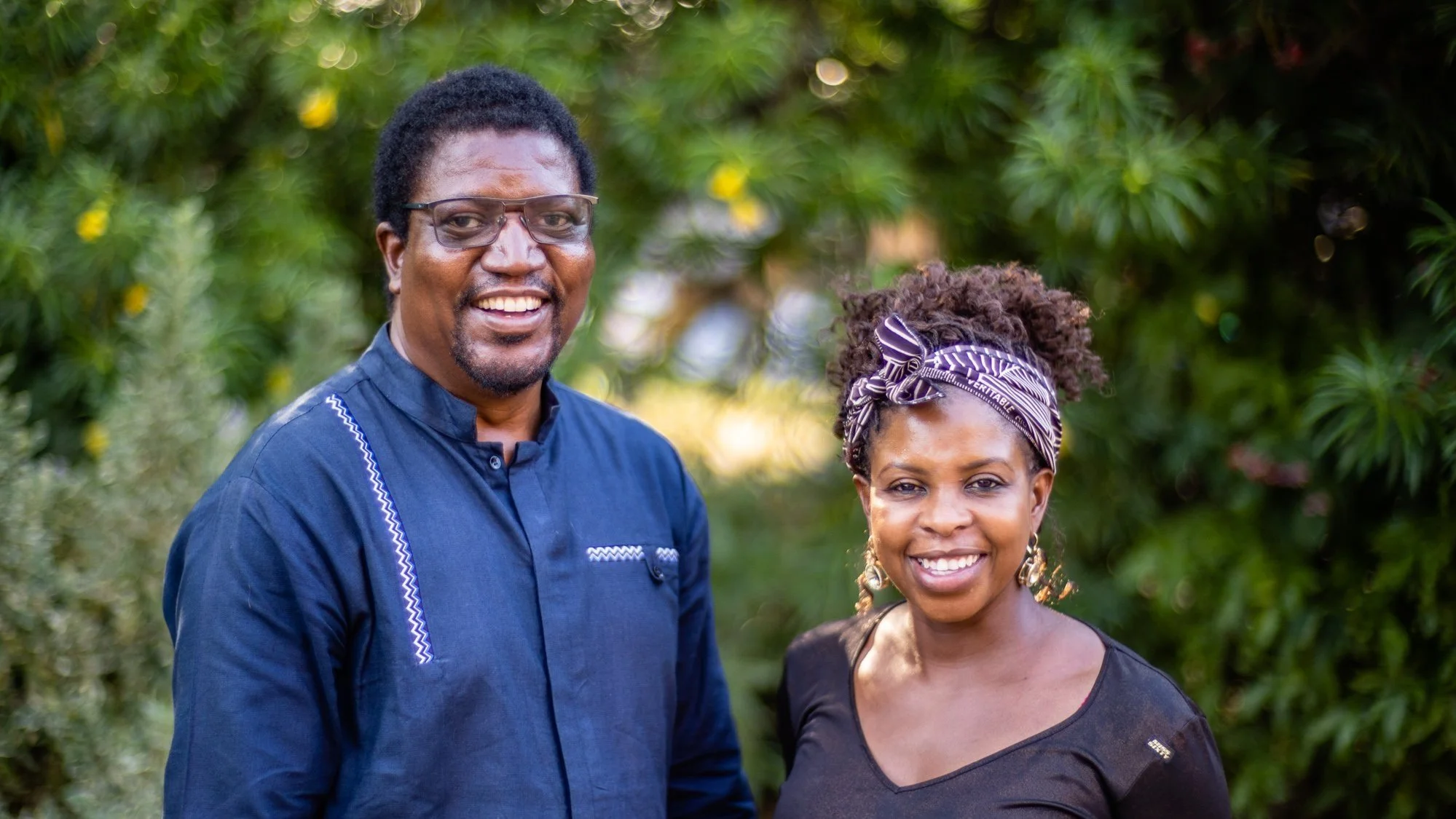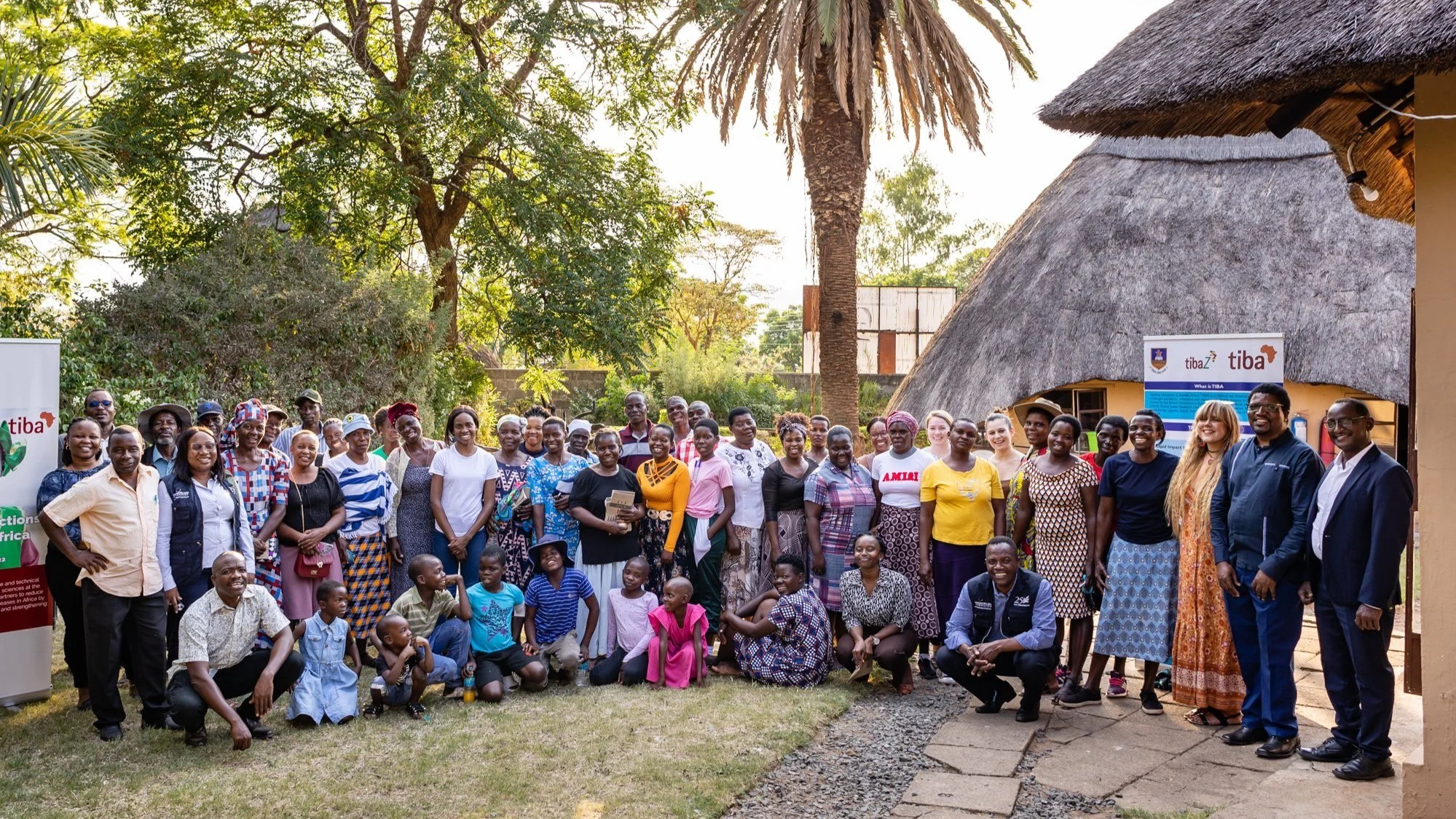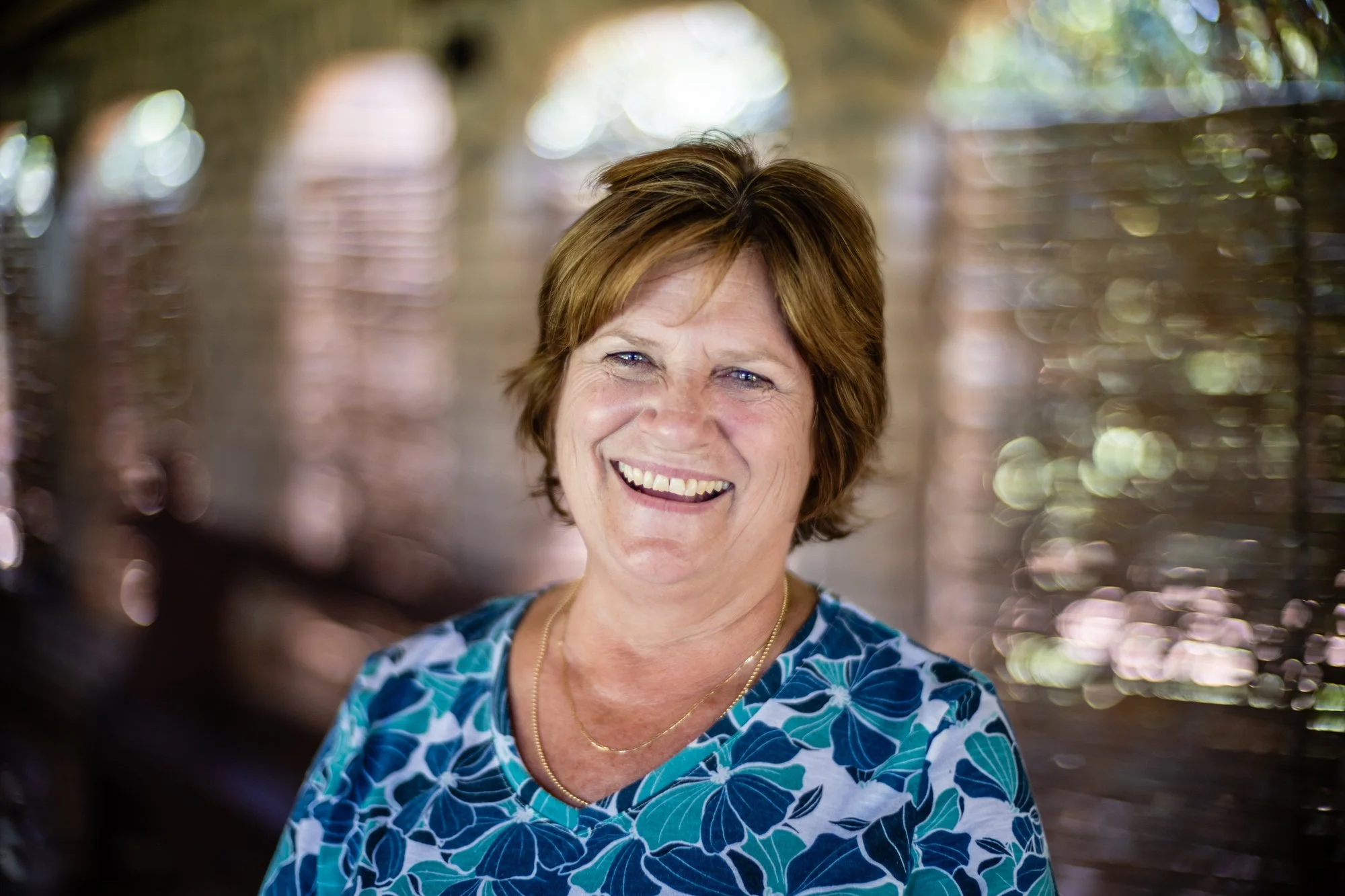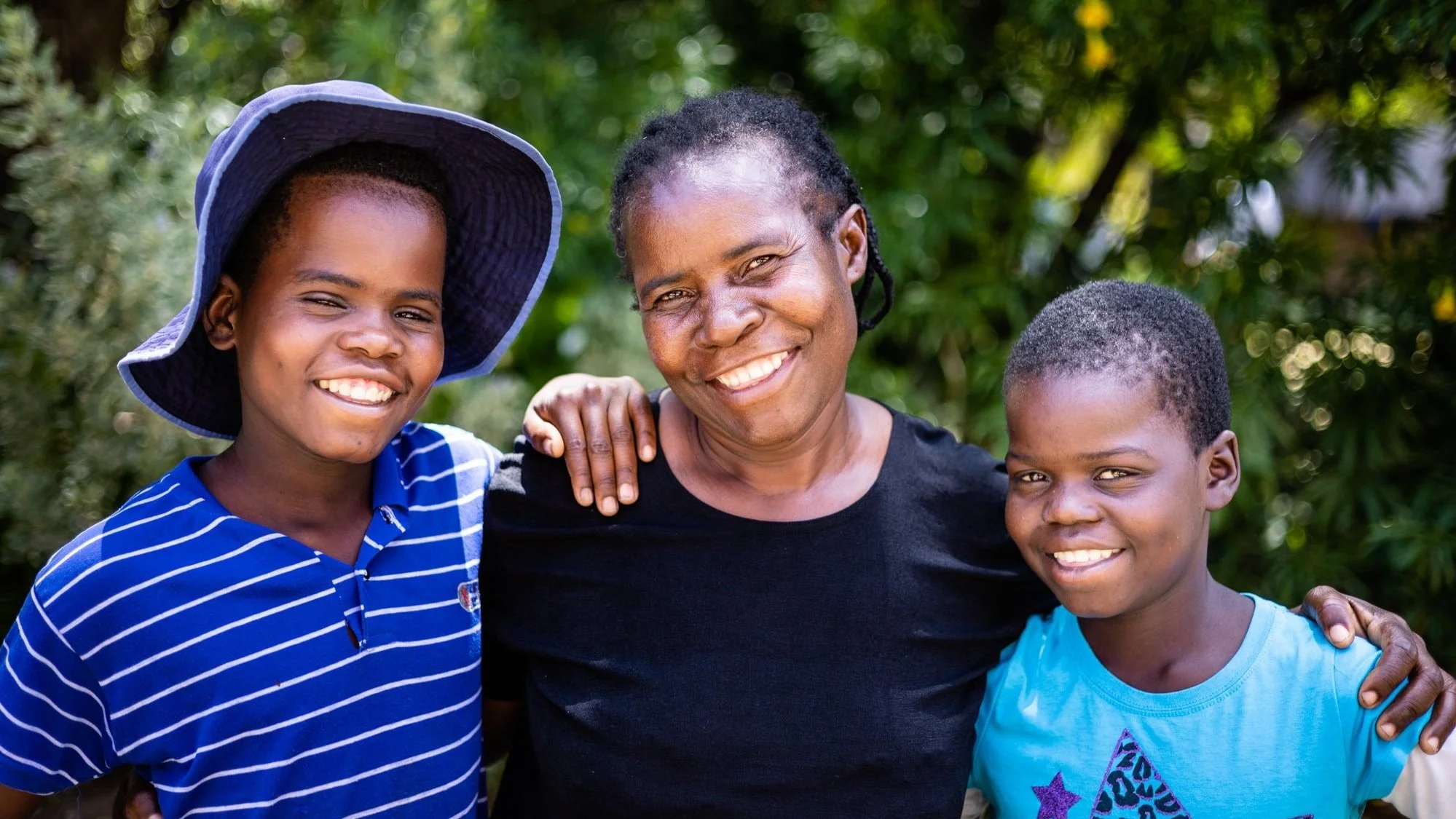
Affected Voices
Through a series of portraits, interspersed with environmental photographs, meet some of the people who attended the ‘Affected Voices’ conference in Bindura, Zimbabwe.
Organised by TIBA (Tackling Infections for the Benefit of Africa), the meeting is the first of its kind following the Kigali Declaration on NTDs – which included the statement that partners will work to ensure that people affected by NTDs are at the centre of NTD programmes and decision-making processes.
The pictures are intended to support Uniting’s ongoing advocacy work in the global campaign to eliminate neglected tropical diseases, with an initial launch on World NTD day in January 2024.
Note: This web page in its current form is for illustrative purposes and for internal use only by Uniting and selected partners. The caption information is based on the interpreted details contained in the recorded interviews not yet confirmed as fact.

Bradley lake in Shamva district, Zimbabwe.
Evidence Mufambi, Environmental Health Officer for Shamva District, speaks at the Affected Voices conference.
Below: Emilia Choto was the facilitator for the event.

The path alongside Muturudzi Dam in Shamva district.
Tafadzwa Banda was orphaned as a child and later developed lymphatic filariasis. Due to a lack of funds, she was never properly treated and has struggled with the disease for many years. Whilst some people do their best to help her, others laugh at her swollen and disfigured legs caused by the condition.
Whilst proper treatment for lymphatic filariasis will remove the parasitic infection, the long-term damage to the legs cannot be undone. Tafadzwa hopes that the ongoing programme to control and eliminate neglected tropical diseases like lymphatic filariasis will help others who find themselves in a similar position to herself .

Mutumba Gono Road in Shamva district.
Emilia Machinga was affiliated to a traditional African religion which didn’t allow followers to seek medical treatment. For 23 years she lived with the painful effects of schistosomiasis without treatment. When Emilia was eventually treated at the age of 33, and after 15 years of marriage, she finally became pregnant removing some of the stigma linked to the effects of schistosomiasis.
Emilia’s experience makes her an effective advocate for change, encouraging others in her community to improve simple hygiene practices in order to reduce transmission, and to seek help when infections occur. But major challenges remain - Emilia said that in her area of 11 villages, only five had access to safe water from boreholes, making reinfection difficult for some to avoid.

Borehole drilling in Nayamatsatse.
Farisai Kazitye with her daughter Paida. Farisai still struggles to walk following an attack by a cobra in her bathroom seven years ago. Following the attack, her husband left the family, saying that he couldn’t live with somebody unable to do household chores. So it was ironic then that when we visited Farisai’s home, we found one of the most pristine and beautifully organised kitchens in the community.

Farisai Kazitye in her kitchen.
Rosemary Makarutse and Unity, her seven-month-old baby. Rosemary was badly injured after being bitten on the leg by a snake whilst sleeping in her home. The effects of snakebites are often very serious and sometimes lethal, but traditionally attacks have been quite rare.
In recent years however, there has been a notable increase in attacks by snakes, particularly in and around homes, but experts are not entirely sure why. Some believe it could be a combination of reasons, including the destruction of snakes’ natural habitat bringing them more regularly into conflict with humans, and an increase in temperature to make them more aggressive.

Crossing the Muturudzi river in Shamva district.
Faith Chasakara suffers with blinding trachoma which has damaged the surface of her eyes, making it difficult to see when the sun is low and glaring. Following treatment for the infection in 2010, she said she didn’t feel there had been any improvement.
Faith’s experience goes some way to explain one of the (many) challenges when trying to eliminate certain types of neglected tropical diseases: Often the treatment arrests the deterioration, and interferes with transmission, but it doesn’t necessarily reverse the damaged caused by the disease. This often results in the assumption that the treatment isn’t working and alternative, possibly harmful, solutions might be sought.

Faith Chasakara at the water well in Chimandoro village.
Cathrine Kapaira with her daughter, Takudzwa Phiri (13) and son Tapiwa Phiri (3). Takudzwa was bitten on the hand by a brown cobra whilst at school, causing an ongoing series of health issues. Catherine said even when anti-venom is available (it wasn’t for her daughter), some religions forbid patients from being treated by traditional or western medicine. She went on to say that their village is about eight kilometres away from the local game park, so they are used to seeing snakes - only a week ago somebody had died after being bitten by a snake.
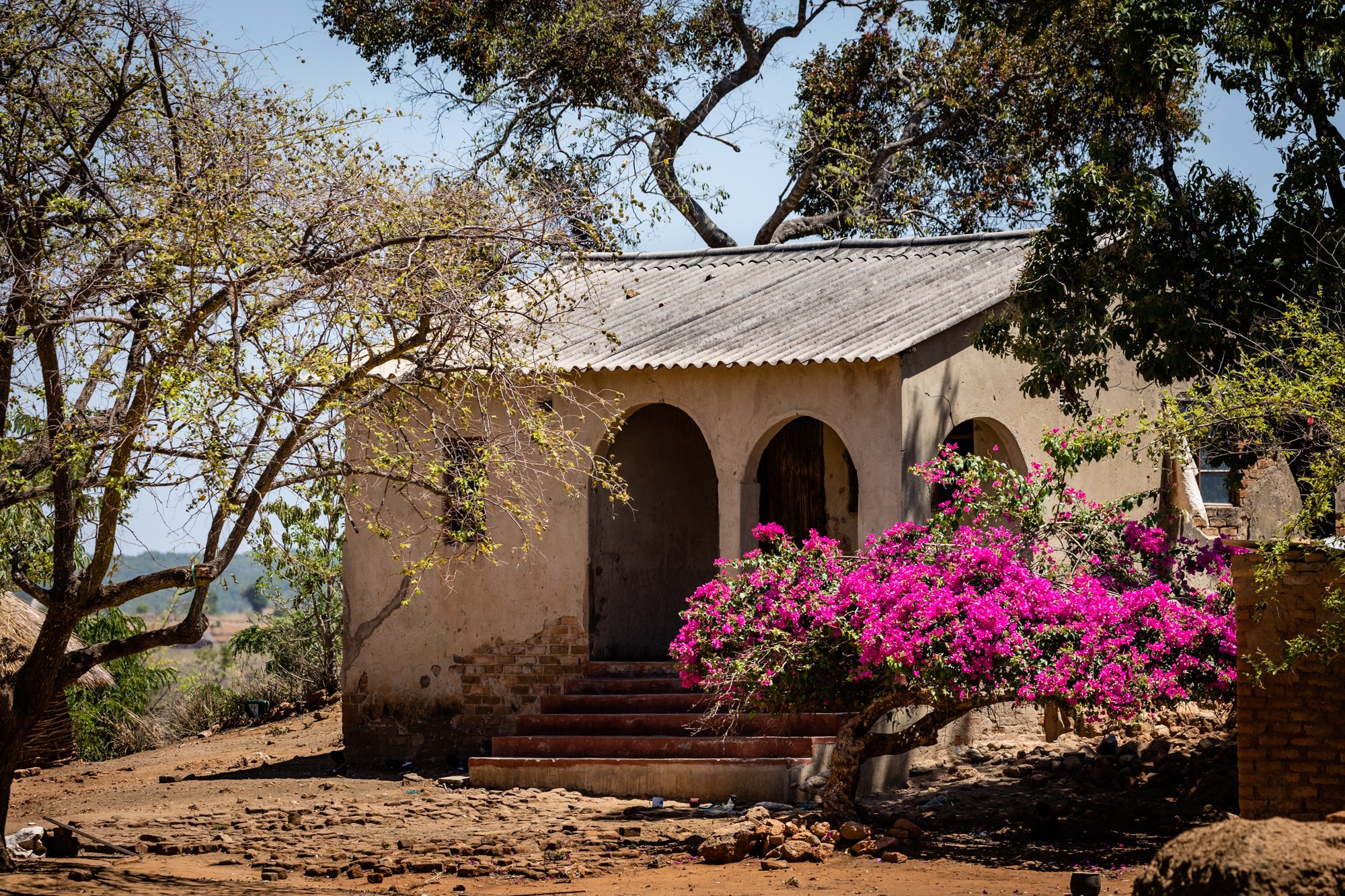
Village home in Nayamatsatse.
Silvanus William, who suffered with schistosomiasis, travelled from Tanzania to speak about his experiences.

Road to Nayamatsatse, Shamva district.
Evidence Mufambi, Environmental Health Officer for Shamva District, was a key-note speaker at the Affected Voices conference.

Zimbabwean singer songwriter Dereck Mpofu has been commissioned to write the anthem for World NTD Day in 2024.

View along the Mazowe Dam.
Above left: Professor Taka Mduluza, Immunology and Infectious Diseases, University of Zimbabwe. Above right: Doctor Emilia Choto, coordinator for the Centre for Infections and Immunology Research, University of Zimbabwe.
Below: Group picture of all the participants at the first Affected Voices meeting in Bindura, Zimbabwe.

Jacaranda tree
Our host in Harare, Martha Theron, runs the Dema Villa with her husband Deon. She grew up on a farm in Zimbabwe and regularly played in water as a child. Some 40 years later and with no previous symptoms, the pain from what she believed might be a large kidney stone turned out to be scar-tissue damage caused by schistosomiasis contracted when she was a child.

Miriam Titi with her two boys, Leon (16) and Augustine (12) attended the conference.
